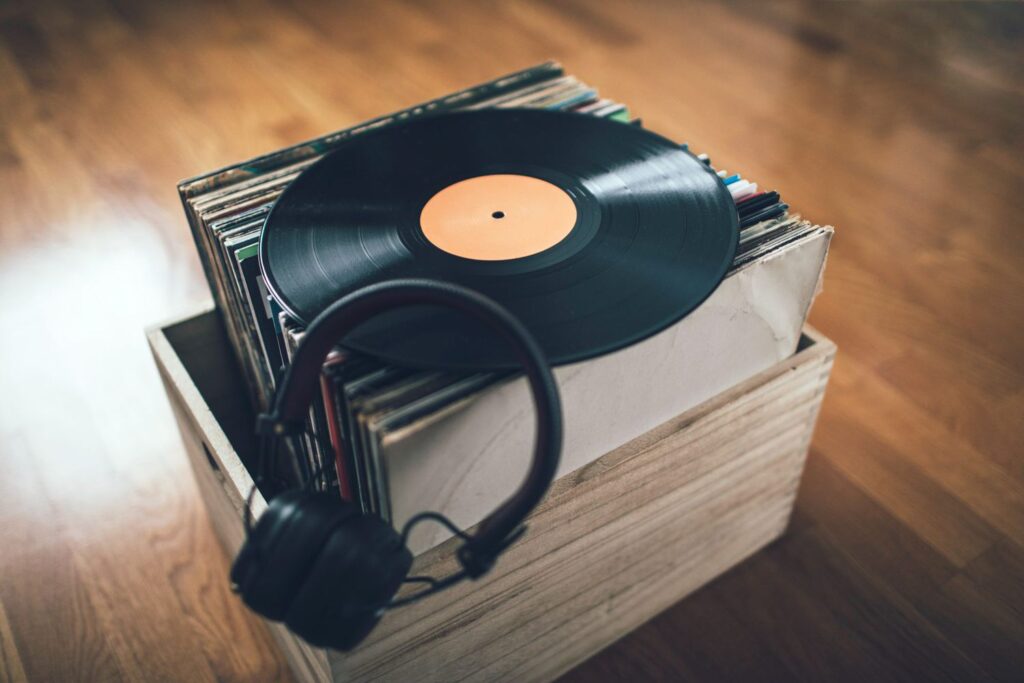Vinyl records have experienced a resurgence in recent years, with collectors and music enthusiasts alike seeking out rare and valuable records. Whether you’ve inherited a collection, stumbled upon some old records in your attic, or are a seasoned collector, understanding how to appraise vinyl records is crucial. This article will guide you through the process of appraising vinyl records, highlighting the key factors that determine their value and offering tips on how to accurately assess your collection.
Understanding Vinyl Record Appraisals
Vinyl record appraisals involve evaluating the worth of a record or collection based on several criteria, including condition, rarity, demand, and historical significance. Properly appraising vinyl records can help you determine their market value, whether you’re looking to sell, insure, or simply better understand the worth of your collection.
1. Condition: The Grading Scale
The condition of both the vinyl and its sleeve is perhaps the most important factor in determining value. Records are typically graded on a scale ranging from Mint (M) to Poor (P). Here’s a brief overview of the grading system:
- Mint (M): Perfect condition, with no signs of wear. This grade is extremely rare.
- Near Mint (NM): Almost perfect, with very minor signs of handling.
- Very Good Plus (VG+): Slight signs of wear, but overall in excellent condition.
- Very Good (VG): Noticeable wear and surface noise, but still playable.
- Good (G): Significant wear, scratches, and surface noise.
- Poor (P): Major damage and noise, often unplayable.
The sleeve’s condition is also graded similarly, with emphasis on the presence of creases, ring wear, seam splits, and any writing or stickers on the cover. Records in better condition will generally fetch a higher price.
2. Rarity and Scarcity
Rarity significantly impacts a vinyl record’s value. First pressings, limited editions, and records with unique attributes (such as misprints or withdrawn releases) are often more valuable. Some factors that contribute to a record’s rarity include:
- Limited Edition Releases: Records released in small quantities or as special editions are often sought after.
- First Pressings: The first batch of records produced after an album’s release is often more valuable than subsequent pressings.
- Unique Artwork or Packaging: Records with rare cover art or special packaging can increase in value.
3. Artist and Album Popularity
Records from iconic artists or those that were influential in their genre or era tend to hold higher value. Albums that are considered milestones in an artist’s career, or that have achieved critical acclaim, are particularly valuable. For example, records from bands like The Beatles, The Rolling Stones, or Elvis Presley are generally more valuable due to their iconic status.
4. Market Demand and Trends
The value of a vinyl record can fluctuate based on current market demand. Staying informed about market trends is essential, as certain genres or artists may become more popular over time. For instance, there has been a growing interest in jazz and punk records in recent years, driving up prices in those genres.
5. Historical and Cultural Significance
Records with historical or cultural significance can be particularly valuable. For example, a record that was a significant release in the development of a particular music genre or one that has a strong cultural connection may be worth more. Additionally, records tied to significant events or movements (such as protest songs or records associated with major historical moments) can also hold increased value.
6. Authenticity and Provenance
Authenticity and provenance can also play a role in a record’s value. If a record has a documented history, especially if it was owned by a notable person or was part of a famous collection, it could be worth more. Signed records or those with personalized inscriptions from the artist also tend to be more valuable, provided the signatures can be authenticated.
7. Professional Appraisals
For those who are unsure about the value of their vinyl records, seeking a professional appraisal is a wise choice. Professional appraisers have the expertise to accurately assess the value of records, taking into account all the factors mentioned above. They can provide a formal valuation, which is especially important if you are considering selling or insuring your collection.
Tips for Appraising Your Vinyl Records
- Research Recent Sales: Platforms like Discogs, eBay, and specialized auction houses can provide insights into what similar records have sold for recently.
- Compare Grading: When researching, ensure that you’re comparing records of similar condition and pressing to get an accurate estimate of value.
- Keep Records Safe: Proper storage and handling of your vinyl records are crucial for maintaining their condition and value.
- Consult Experts: If you’re unsure about a record’s value, consult a professional appraiser or join a vinyl collecting community for advice.
Conclusion
Vinyl record appraisals require a careful evaluation of multiple factors, including condition, rarity, demand, and historical significance. Whether you’re a casual collector or a dedicated enthusiast, understanding these elements will help you accurately determine the value of your collection. By staying informed about market trends and considering professional appraisals when necessary, you can ensure that you’re making the most of your vinyl records.



